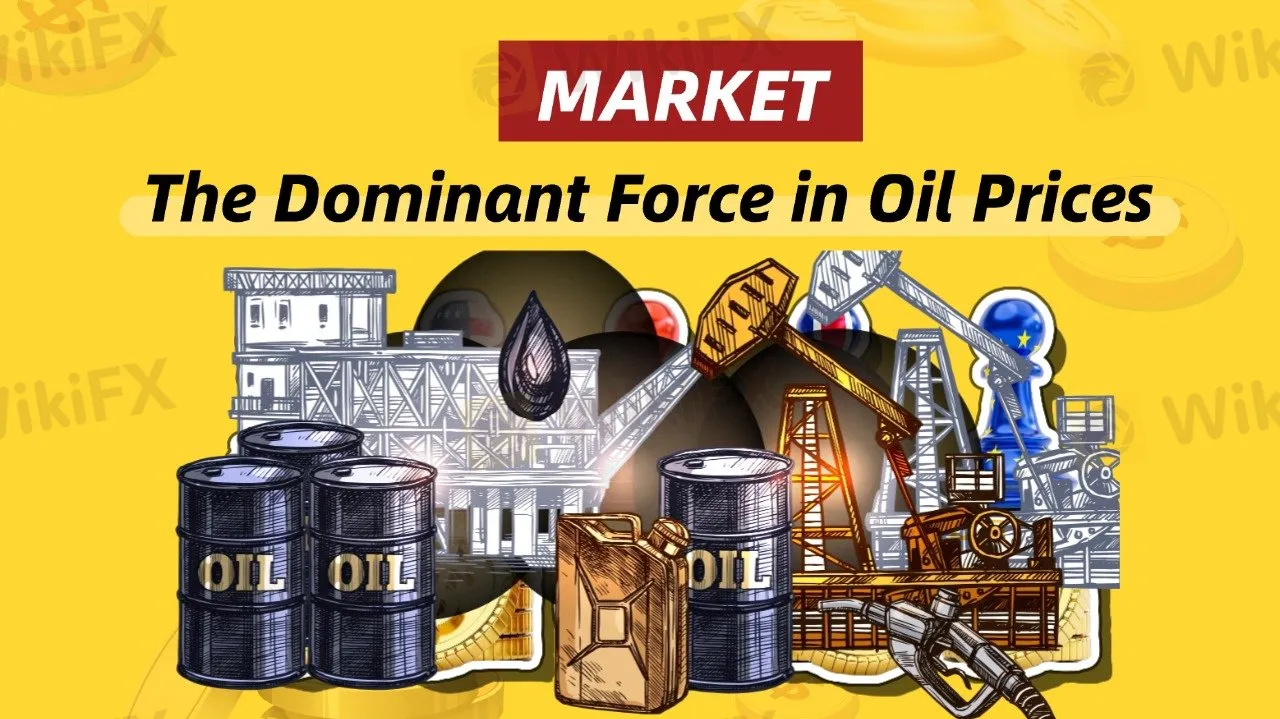简体中文
繁體中文
English
Pусский
日本語
ภาษาไทย
Tiếng Việt
Bahasa Indonesia
Español
हिन्दी
Filippiiniläinen
Français
Deutsch
Português
Türkçe
한국어
العربية
Market: The Dominant Force in Oil Prices
Abstract:Recent fluctuations in oil prices have raised concerns, especially with the sharp rise in gasoline prices.

The Independent Petroleum Marketers Association of Nigeria (IPMAN) revealed that gasoline stock prices surged by 4.7%, increasing from 907 naira per liter to 950 naira. This hike is closely linked to the rise in crude oil prices, which have climbed from $73 to $80 per barrel, directly impacting gasoline prices. To cope with the price fluctuations, many marketers have turned to Dangote Refinery, though this has also introduced some uncertainty regarding the future price trends.
The Nigerian Minister of Petroleum Resources, Heineken Lokpobiri, made it clear that oil prices will be determined by the market, not government intervention. He pointed out that price fluctuations are normal in a deregulated market, with global oil prices always influencing local product prices. Lokpobiri also emphasized that the purpose of deregulation is to allow prices to adjust naturally according to market demand. Therefore, future price volatility cannot be predicted, and it is not something the government can control. He further added that the governments current focus is on ensuring fuel quality and supply stability, rather than controlling fuel prices.
This statement has somewhat alleviated market concerns. Although the rise in oil prices has created short-term pressure in Nigeria, the government has clearly stated that it will not intervene in price setting. This means prices will increasingly depend on the market‘s supply and demand. Market competition will drive natural price fluctuations, helping to avoid supply shortages or dramatic price hikes. For consumers and investors, the government’s position provides clearer expectations for future price changes, allowing for better adaptation to market fluctuations.
While the government is gradually loosening control over prices, it is ultimately market forces that will dictate the final price. For oil-producing countries like Nigeria, adapting to market rules and responding flexibly to future changes are key to maintaining stable development.

Disclaimer:
The views in this article only represent the author's personal views, and do not constitute investment advice on this platform. This platform does not guarantee the accuracy, completeness and timeliness of the information in the article, and will not be liable for any loss caused by the use of or reliance on the information in the article.
Read more

Valid Reasons to Avoid SevenStar FX
SevenStar FX is a low-rated broker. When you search online, you will find tons of overly positive reviews about this broker. Strangely, there is almost no negative feedback anywhere, which is unusual. It makes us wonder: how can a forex broker with no proper regulation have such a perfect reputation? In this article we exposed the red flags of this broker.

Top 5 Forex Risk Management Errors Companies Usually Commit
Think your company’s forex strategy is under control? Think again. Even large organizations fall prey to hidden currency risks that can quietly eat into their margins. From overlooked exposures to outdated strategies, here are the top five forex risk management errors businesses make—and how to avoid them.

Top 5 Unnoticed Risks of Fusion Trade You Shouldn't Ignore
Fusion Trade is a broker based in the Netherlands that you should avoid. If you're not careful, you could lose your money in a scam run by this fake broker. This article will expose the scam of the broker and make you Fraud Alert. Read this article and stay away from Fusion Trade .

Eyeing Significant Returns from Forex Investments? Be Updated with These Charts
Confused about how to track your forex profits? The secret lies in the charts—and we’re here to decode them for you.
WikiFX Broker
Latest News
U.S. doubles down on Aug. 1 tariffs deadline as EU battles for a deal
Buffett and Thorp’s Secret Options Strategies
Sharing Trading Mistakes and Growth
Trading Market Profile: A Clear and Practical Guide
Eyeing Significant Returns from Forex Investments? Be Updated with These Charts
CNBC Daily Open: The silver lining of positive earnings could be too blinding
Global week ahead: Banking bellwethers and a tariffs waiting game
CNBC Daily Open: Solid earnings beats might mask tariff volatility these two weeks
Mastering Deriv Trading: Strategies and Insights for Successful Deriv Traders
Brexit made businesses abandon the UK. Trump's hefty EU tariffs could bring them back
Currency Calculator


